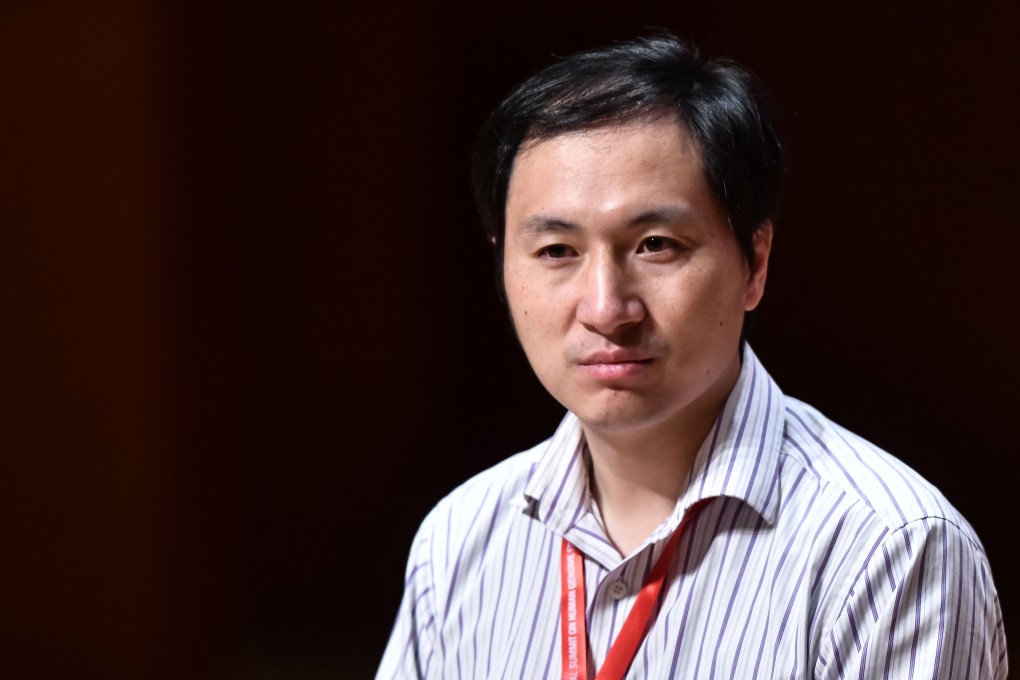Gene-edited babies: Chinese scientist He Jiankui ‘may have created unintended mutations’
- Despite biophysicist’s claims, team failed to reproduce changes to make twin girls HIV immune, excerpts from manuscript show
- Birth of gene-edited babies Lula and Nana sent shock waves through scientific world in 2018

The gene edits given to Chinese twins last year meant to immunise them against HIV may have failed in their purpose and created unintended mutations, scientists said on Tuesday after the original research was made public for the first time.
Excerpts from the manuscript were released by MIT Technology Review for the purpose of showing how Chinese biophysicist He Jiankui ignored ethical and scientific norms in creating the twins Lula and Nana, whose birth in late 2018 sent shock waves through the scientific world.
He made expansive claims of a medical breakthrough that could “control the HIV epidemic”, but it was not clear whether it had even been successful in its intended purpose – immunising the babies against the virus – because the team did not in fact reproduce the gene mutation that confers this resistance.
A small percentage of people are born with immunity because of a mutation in a gene called CCR5 and it was this gene that He had claimed he had targeted using a powerful editing tool known as CRISPR which has revolutionised the field since bursting on the scene in 2012.
Fyodor Urnov, a genome-editing scientist at the University of California, Berkeley told MIT Technology Review: “The claim they have reproduced the prevalent CCR5 variant is a blatant misrepresentation of the actual data and can only be described by one term: a deliberate falsehood.
“The study shows that the research team instead failed to reproduce the prevalent CCR5 variant.”
